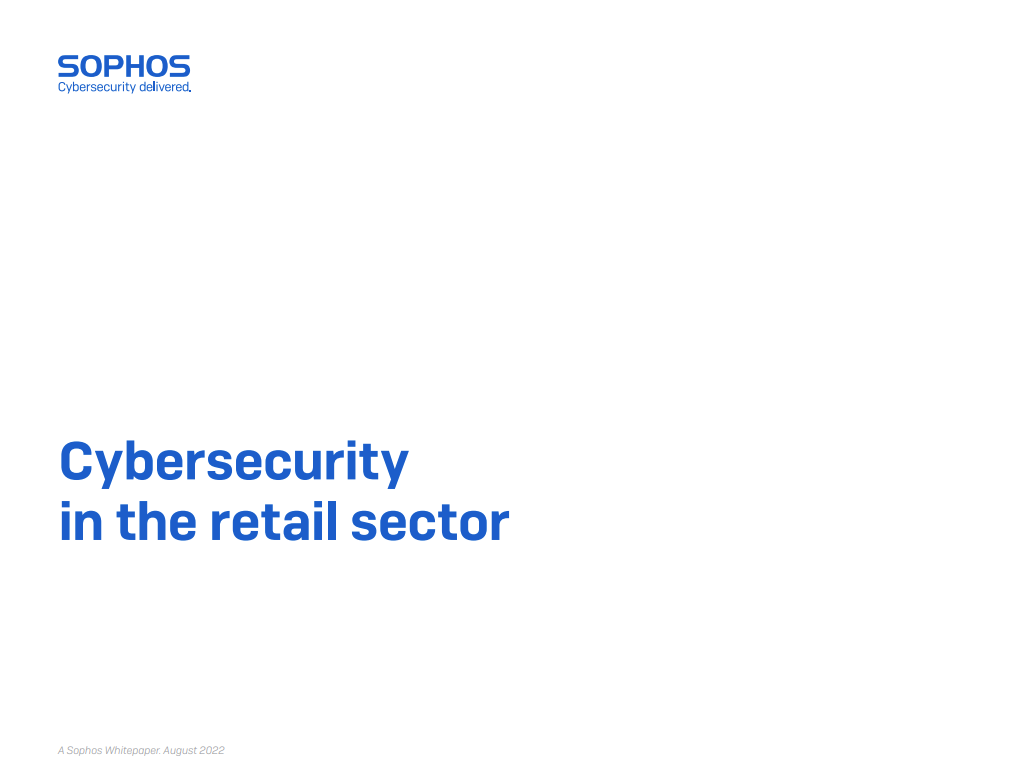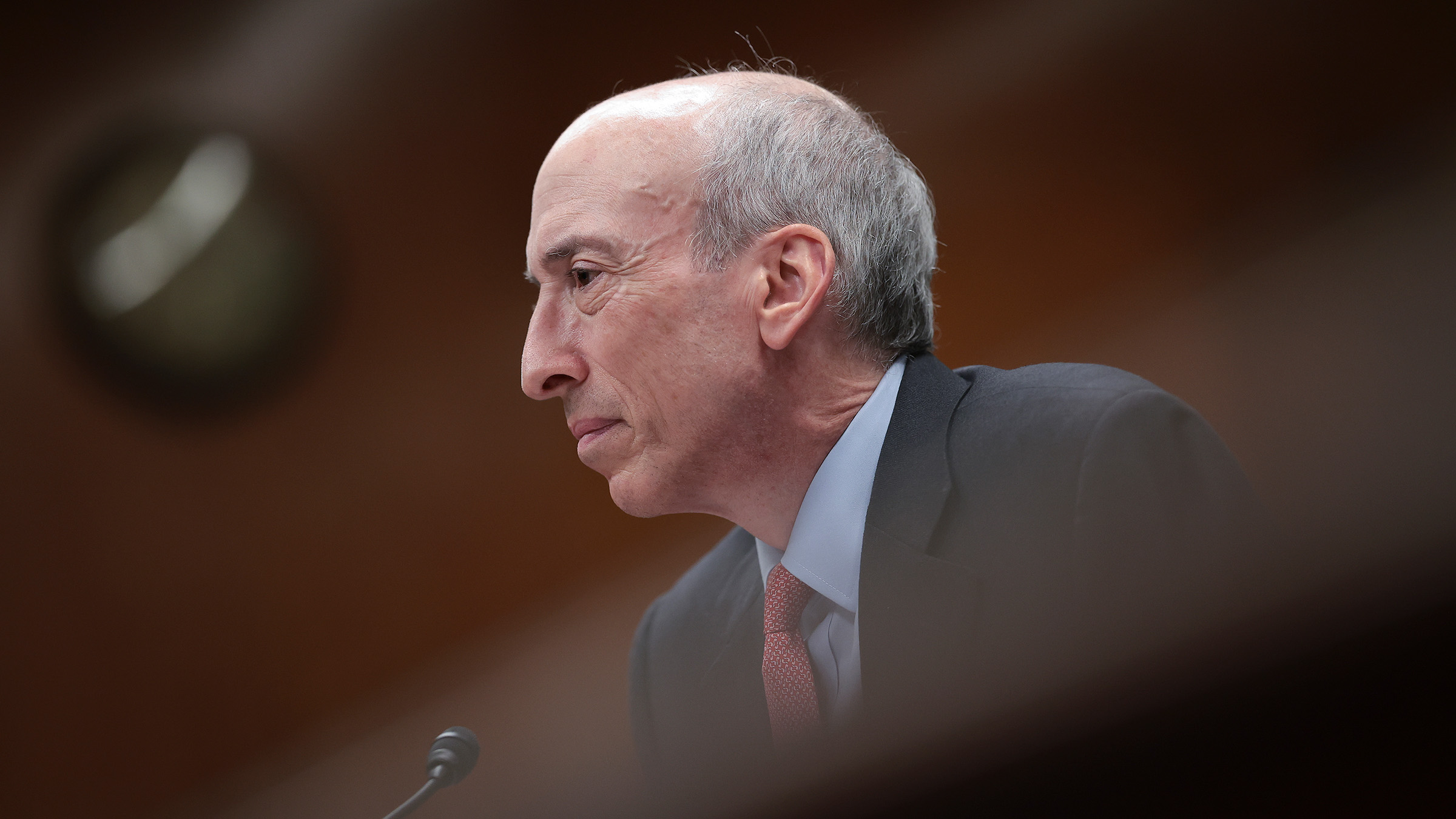White House proposes fresh Bill of Rights to limit AI threats
The Biden administration is hoping it will act as a guide for the development and use of AI that protects citizens from harms


The White House has unveiled a blueprint for an artificial intelligence (AI) Bill of Rights, hoping to produce a framework that will inform future development practices to protect the public from harm.
The White House Office of Science and Technology Policy has identified five principles that should guide the design, use, and deployment of automated systems to protect the American public in the age of artificial intelligence.
The blueprint aims to act as a guide for society, providing suggestions on how people should be protected from threats while using the technology to reinforce its highest values.
It stated that citizens should be protected from unsafe or ineffective systems. Automated systems should be developed with consultation from diverse communities, stakeholders, and domain experts to identify concerns, risks, and potential impacts of the system.
They should also undergo pre-deployment testing and ongoing monitoring to demonstrate they’re safe and effective, it was proposed.
Secondly, the blueprint highlighted that citizens shouldn’t face discrimination by algorithms and systems should be used and designed in an equitable way.
It calls on designers and developers of automated systems to take proactive and continuous measures to protect individuals and communities from algorithmic discrimination and to use and design systems responsibly.
Get the ITPro daily newsletter
Sign up today and you will receive a free copy of our Future Focus 2025 report - the leading guidance on AI, cybersecurity and other IT challenges as per 700+ senior executives
The blueprint also stated that citizens should be protected from abusive data practices via built-in protections and they should have agency over how their data is used.
“You should be protected from violations of privacy through design choices that ensure such protections are included by default, including ensuring that data collection conforms to reasonable expectations and that only data strictly necessary for the specific context is collected,” the blueprint stated. It called on designers and developers of the systems to seek permission and respect when it comes to the collection, use, access, transfer, and deletion of user data in appropriate ways.
Individuals and their communities should also be free from unchecked surveillance, it proposed. These technologies should be subject to heightened oversight which includes at least a pre-deployment assessment of their potential harms and scope limits to protect privacy and civil liberties.
RELATED RESOURCE

Cyber security in the retail sector
Retailers need to ensure their business operations and internal data aren't breached
Continuous surveillance and monitoring should not be used in education, work, housing, or in other contexts where the use of such surveillance technologies is likely to limit rights, opportunities, or access, read the blueprint.
Citizens should also know when an automated system is being used and understand how and why it contributes to outcomes that impact them.
Designers and developers should provide plain-language documentation including clear descriptions of the overall system functioning and the role automation plays, a notice that such systems are in use, what individual or organisation is responsible for the system, and explanations of outcomes that are clear, timely, and accessible.
Lastly, citizens should be able to opt out, where appropriate, and have access to a dedicated individual who can quickly consider and remediate problems they encounter.
“You should be able to opt out from automated systems in favour of a human alternative, where appropriate,” read the blueprint. “Appropriateness should be determined based on reasonable expectations in a given context and with a focus on ensuring broad accessibility and protecting the public from especially harmful impacts.”
Despite the Biden administration pushing forward this framework for a potential AI bill in the future, the US doesn’t have a comprehensive law to regulate the technology. It comes at a time when the European Union proposed in April a set of wide-reaching regulations to combat the misuse of AI.
It aims to protect citizens from the use of AI for mass surveillance by law enforcement and class AI in recruitment or border control management as high risk due to discrimination concerns.
In its current state, the proposed guidelines in the blueprint would not be binding, meaning that if they were formally adopted, they would not be passed into law and would merely act as optional guidelines - a weaker approach than the EU's.
Zach Marzouk is a former ITPro, CloudPro, and ChannelPro staff writer, covering topics like security, privacy, worker rights, and startups, primarily in the Asia Pacific and the US regions. Zach joined ITPro in 2017 where he was introduced to the world of B2B technology as a junior staff writer, before he returned to Argentina in 2018, working in communications and as a copywriter. In 2021, he made his way back to ITPro as a staff writer during the pandemic, before joining the world of freelance in 2022.
-
 Bigger salaries, more burnout: Is the CISO role in crisis?
Bigger salaries, more burnout: Is the CISO role in crisis?In-depth CISOs are more stressed than ever before – but why is this and what can be done?
By Kate O'Flaherty Published
-
 Cheap cyber crime kits can be bought on the dark web for less than $25
Cheap cyber crime kits can be bought on the dark web for less than $25News Research from NordVPN shows phishing kits are now widely available on the dark web and via messaging apps like Telegram, and are often selling for less than $25.
By Emma Woollacott Published
-
 IDC warns US tariffs will impact tech sector spending
IDC warns US tariffs will impact tech sector spendingNews IDC has warned that the US government's sweeping tariffs could cut global IT spending in half over the next six months.
By Bobby Hellard Published
-
 US government urged to overhaul outdated technology
US government urged to overhaul outdated technologyNews A review from the US Government Accountability Office (GAO) has found legacy technology and outdated IT systems are negatively impacting efficiency.
By George Fitzmaurice Published
-
 US proposes new ‘know-your-customer’ restrictions on cloud providers
US proposes new ‘know-your-customer’ restrictions on cloud providersNews The US aims to stifle Chinese AI competition with new restrictions on cloud providers to verify foreign data center users
By Solomon Klappholz Published
-
 How to empower employees to accelerate emissions reduction
How to empower employees to accelerate emissions reductionin depth With ICT accounting for as much as 3% of global carbon emissions, the same as aviation, the industry needs to increase emissions reduction
By Fleur Doidge Published
-
 SEC passes rules compelling US public companies to report data breaches within four days
SEC passes rules compelling US public companies to report data breaches within four daysNews Foreign entities trading publicly in the US will also be held to comparative standards
By Rory Bathgate Published
-
 Worldwide IT spending to grow 4.3% in 2023, with no significant AI impact
Worldwide IT spending to grow 4.3% in 2023, with no significant AI impactNews Spending patterns have changed as companies take an inward focus
By Rory Bathgate Published
-
 Report: Female tech workers disproportionately affected by industry layoffs
Report: Female tech workers disproportionately affected by industry layoffsNews Layoffs continue to strike companies throughout the tech industry, with data showing females in both the UK and US are bearing the brunt of them more so than males
By Ross Kelly Published
-
 US says National Cybersecurity Strategy will focus on market resilience and private partnerships
US says National Cybersecurity Strategy will focus on market resilience and private partnershipsNews The recently announced implementation plans alow for more aggressive action against ransomware gangs
By Rory Bathgate Published